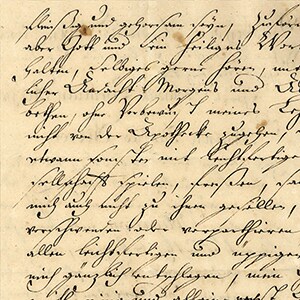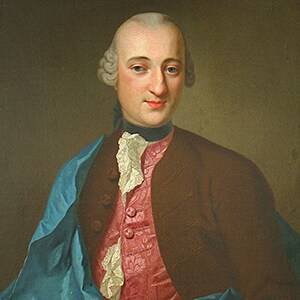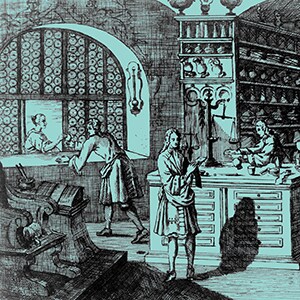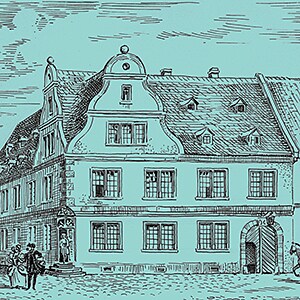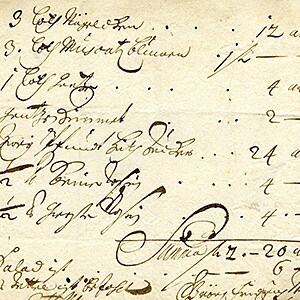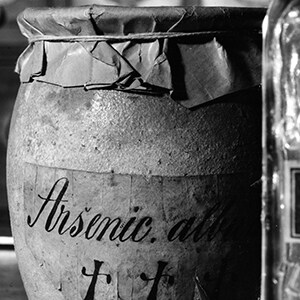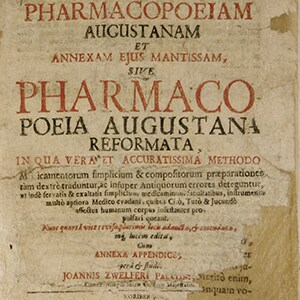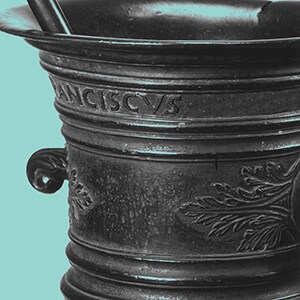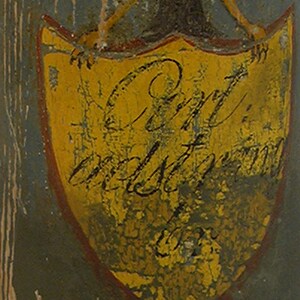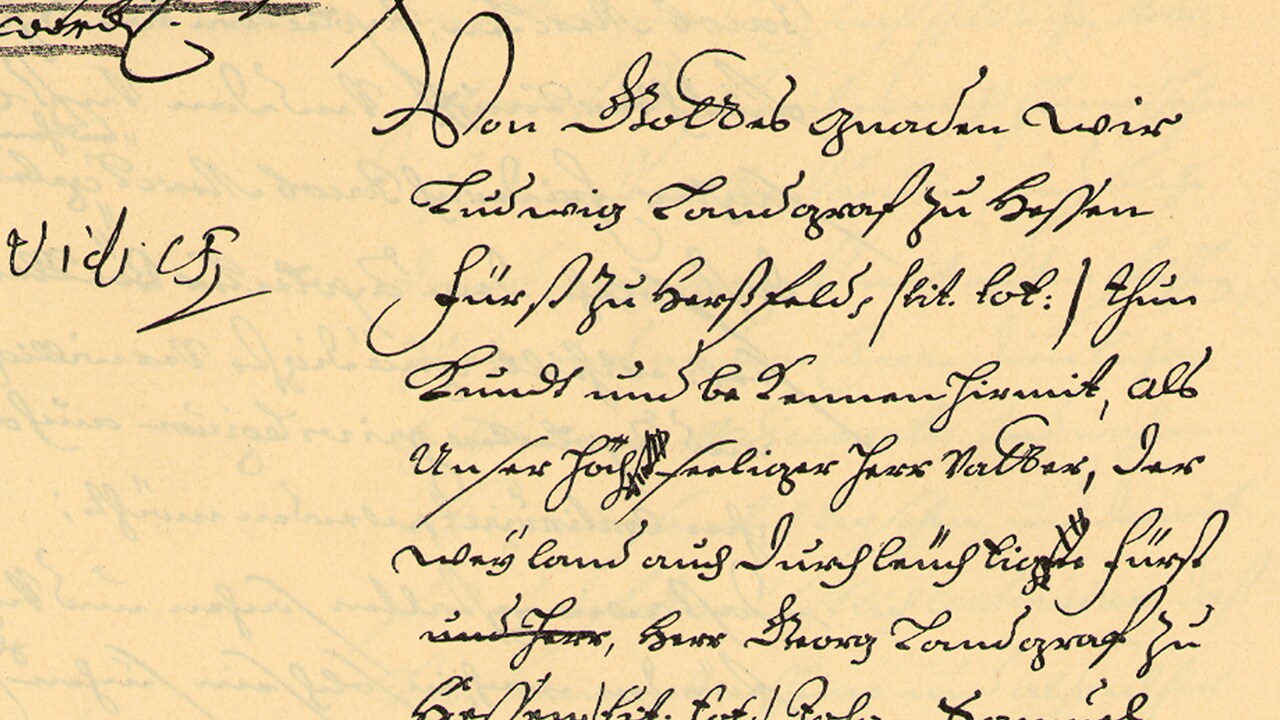
»I was trained in the art of pharmacy…«
Friedrich Jacob Merck, 1668
The beginning is marked by the company’s willingness to accept failure and courage to venture something new. »Friderich Jacob Mercken, a pharmacist from Schweinfurth«, the first member of the Merck family to own a pharmacy in Darmstadt, does not foresee a future career in his hometown. In 1641, at the age of 20, he therefore departs this Free Imperial City, first journeying to Danzig (present day Gdansk) and other places before arriving in Darmstadt.
1668, 20 years after the end of the Thirty Years’ War, reconstruction work is in full swing with trade slowly resuming and an entrepreneurial spirit rising to the fore. This also holds true for Darmstadt, capital and seat of the Landgrave of Hesse-Darmstadt. The ruler must secure medical care for his people, which prompts him to hand over the vacant second city pharmacy to a competent pharmacist.
Friedrich Jacob soon earns the landgrave’s trust – when the pharmacist dies childless in 1678, his warrant is granted to another Merck family member, his nephew Georg Friedrich. In 1682, Elisabeth Dorothea of Saxe-Gotha-Altenburg, Landgravine of Hesse-Darmstadt, decrees: »As it pleases us to benefit from having two well-appointed pharmacies for the sustainment of physicians and patients, We have most willingly granted Georg Friedrich Mercken’s petition«. This statement is both eloquently phrased and cleverly considered, consisting of a double meaning. On the one hand, the landgravine wishes to secure the best care possible for her subjects. On the other, it may have occurred to her that her decree will give rise to beneficial competition.
»De arte pharmaceutica bene merentissimus« – this descriptor is used to characterize the third-generation Merck pharmacist. Johann Frantz Merck makes outstanding contributions to the art of pharmacy at a time when the pharmacist community recognizes the changes happening to the disciplines that underpin their own profession. The Enlightenment ushers in the concept of modern science. The new world of chemistry consists of analysis and synthesis; this combination gives structure to serendipity, as when porcelain was created whengold was the actual target.
Although one may debate whether this new mindset directly influences pharmacy practices, the Merck family most assuredly seems to be driven by a quest for progress. Johann Justus, the son of Johan Frantz, is sent to study under highly respected scholars; in Stuttgart he learns using the Pharmacopoea Wirtenbergica, the most advanced pharmaceutical handbook of its time. Besides all this, he is imbued with the essential personal traits for a pharmacist: a virtuous nature and passion for one’s profession.
“First and foremost, I shall uphold God and His Holy Scripture, not indulge in frivolous society and entirely eschew wanton and frivolous people; my mind shall be devoted solely to God and the worthy art of pharmacy” – such are the stipulations from Johann Justus' 1744 apprenticeship indenture.
The integrity of a pharmacy can mean the difference between good health, life and death. From the Constitutions of Melfi, promulgated by Emperor Frederick II in 1241, until today, pharmacies have been subject to a special set of regulations. In 1668, Merck receives a license granting him the right and privilege to operate his pharmacy, a document that stipulates the quality, pricing and availability of medicines.
In crafting both extemporaneous preparations and mass-produced medicines, pharmacists have access to centuries-old knowledge and experience. Growing more and more extensive,
pharmacopoeias combine a variety of disciplines involved in the art of pharmacy. Published in 1564, the “Pharmacopoeia Augustana” remains highly influential until well into the 17th century.

